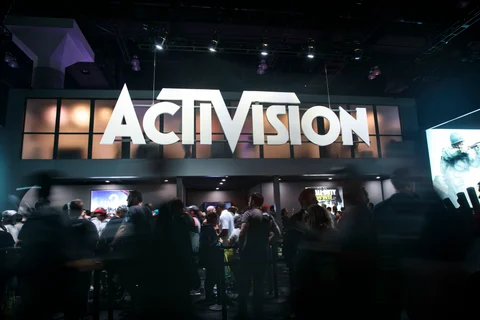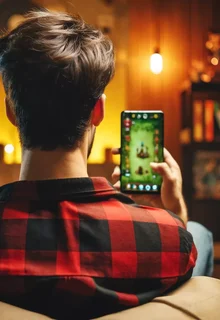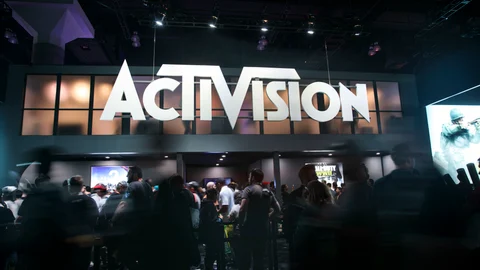In the small town of Uvalde, Texas, a community's grief has transformed into action as families of school shooting victims file a groundbreaking lawsuit against Activision Blizzard.

In an unexpected turn of events, the families of the Uvalde school shooting victims are taking legal action against Activision Blizzard, the creators of Call of Duty. They claim that the game played a part in training the shooter, a teenager who managed to carry out a horrific attack that ended the lives of 19 students and two teachers.
According to the lawsuit, the game's realistic scenes of violence and detailed weapons could have helped the shooter learn how to use a gun with deadly precision, despite him never having fired a gun in real life before the tragedy.
Video Games And Social Media Are Under Scrutiny
But it's not just Activision Blizzard in the hot seat. The lawsuit also looks at Meta (the company behind Facebook and Instagram) and the gun manufacturer Daniel Defense. They argue that the shooter was bombarded with gun ads on Instagram and targeted by Daniel Defense’s marketing, which is geared toward young buyers.
This exposure, the families say, played a critical role in the shooter's decision to carry out the attack with a specific type of assault rifle that was also glorified in the Call of Duty games.
In response to the lawsuit, Activision Blizzard expressed their deepest sympathies for the victims but defended their games, stating that millions play video games without ever becoming violent. The Entertainment Software Association also chimed in, calling the lawsuits baseless and arguing that blaming video games distracts from the real issues that need to be addressed to prevent future tragedies, like gun control and mental health care. They point out that many countries where video games are popular do not experience the same levels of gun violence as the U.S.
As this case moves forward, it could set a new precedent on how entertainment companies like video game makers are viewed in terms of the content they produce and its impact on young minds. It's a complex debate that has been reignited by this lawsuit—whether they have a more sinister influence on their players, or if video games are merely harmless fun.
This big lawsuit has everyone talking and watching closely. It questions how violent games influence behavior, even though research shows no direct link between these games and actual violence. The case might change how these games are sold and lead to bigger discussions about the role of social media in advertising.






























